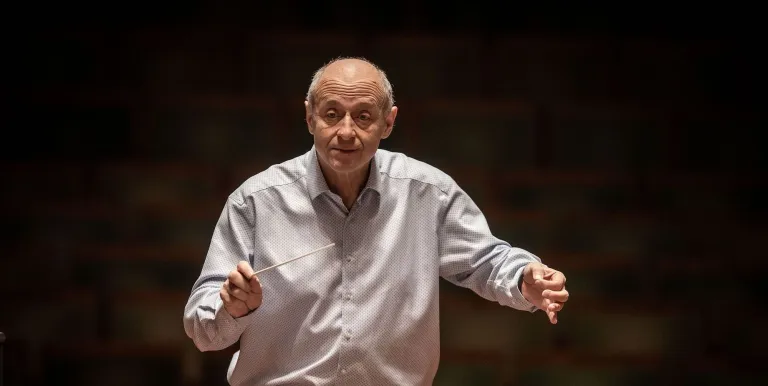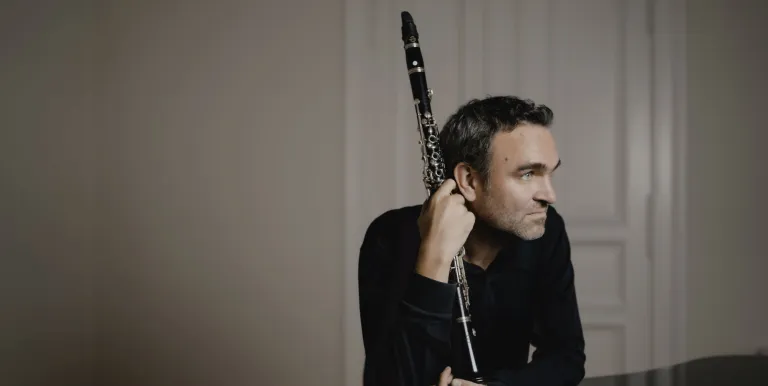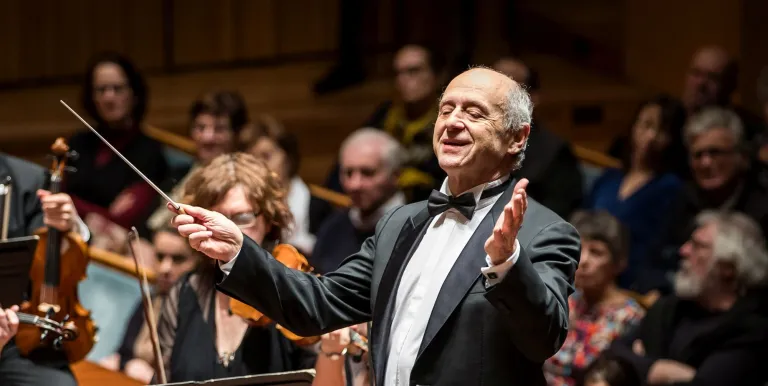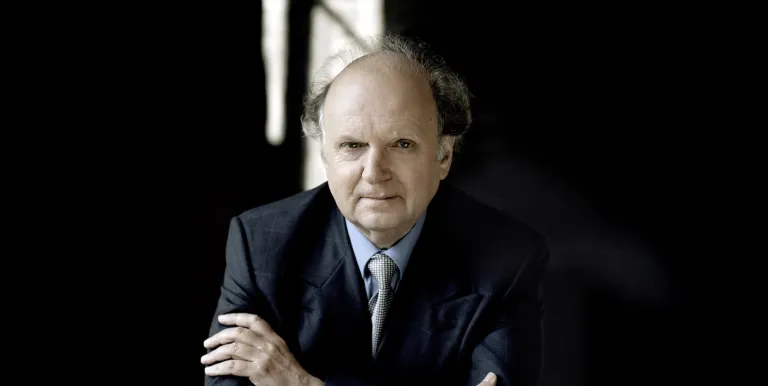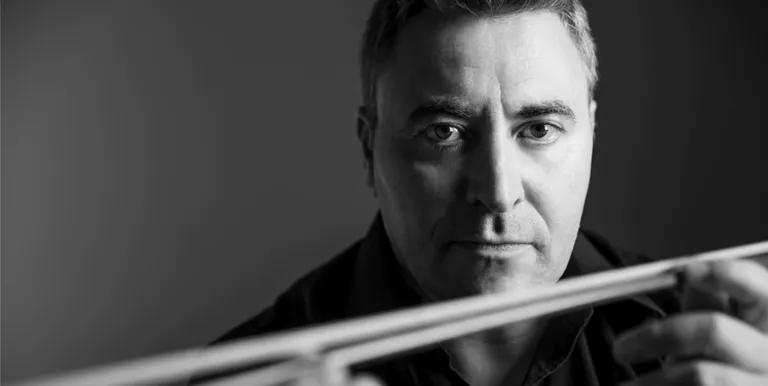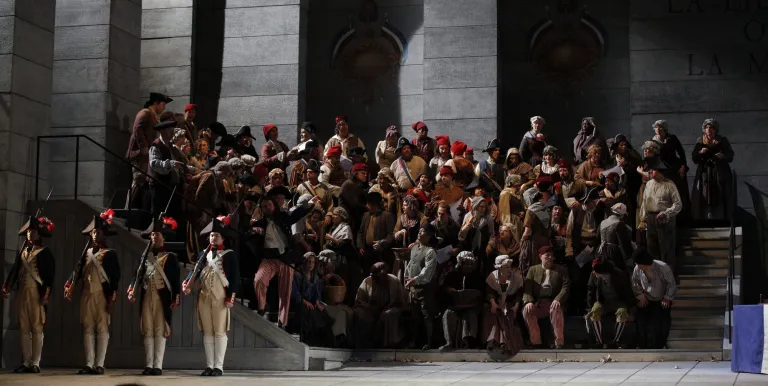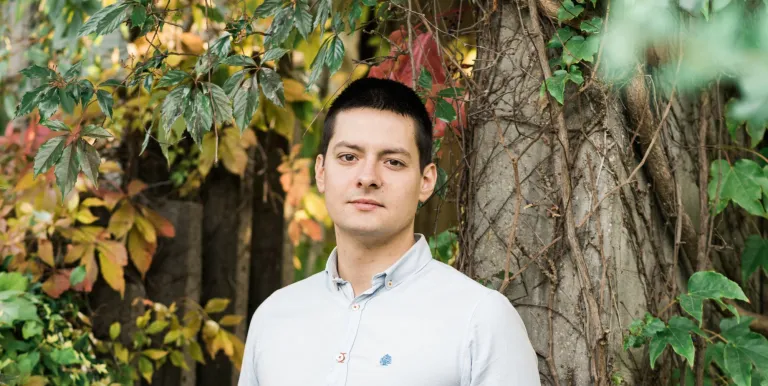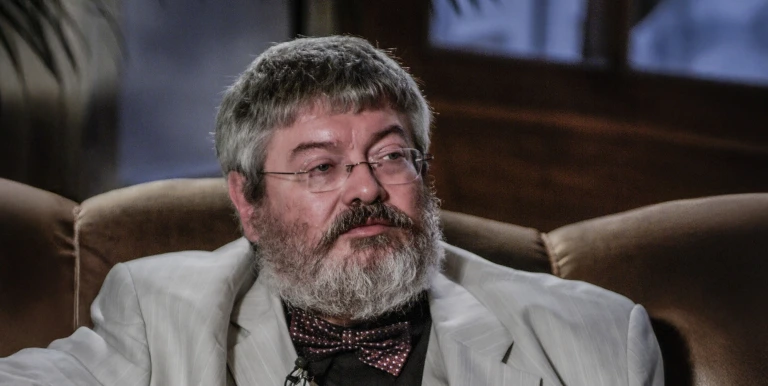one interval
Conductor:
Featuring:
Rachmaninoff
Vocalise, Op. 34, No. 14
Rachmaninoff
Piano Concerto No. 3 in D minor, Op. 30
Rachmaninoff
Symphony No. 2 in E minor, Op. 27
A song without words that is most expressive. A virtuoso piano concerto whose composer was alone in thinking that it felt ‘more comfortable' than its immediate predecessor. A symphony that finally erases a devastating failure. Rachmaninoff's works are fascinating for the history of their creation. Although the critics of the time found them sentimental and nostalgic, we love to listen to them because they are beautiful!
The orchestral version of Vocalise originally written for voice and piano, and a gem of the vocal repertoire, will open the concert, followed by the Piano Concerto No. 2, performed by Anna Vinnitskaya, described by the Washington Post as "a true lioness" and by Gramophone as "an unforgettable and sparkling interplay of light and shadow". After the interval, the monumental musical triumph, Symphony No. 2, is played. The vocal part of Vocalise must be performed on a preferred vowel. The sustained notes and supple melodies create an almost violin-like sound. It's no wonder that many instrumental versions of the popular song have been written, with the orchestral version being created by the composer himself. This orchestration perhaps enhances the sensuality and hypnotic beauty of the piece. Rachmaninoff, who toured as both a pianist and a conductor, increasingly wanted to focus solely on composing. However, in 1909, he found himself unable to refuse an American invitation in 1909, for which he also composed a brand new piano concerto. Shortly after the world premiere, he performed the work known among pianists simply as ‘Rach 3' accompanied by the New York Philharmonic playing under the baton of Gustav Mahler. The failure of his first symphony sent Rachmaninoff into a deep depression. Ten years passed before he returned to the genre, but he was dissatisfied with his initial sketches. He forced himself to revise the work, and in 1908, as conductor, he led the first performance in St. Petersburg to success. He was awarded the Glinka Prize for this as well as for his Second Piano Concerto, which had shown him the way out of his depression. He had completely overcome his trauma.
Presented by: Budapest Festival Orchestra
-
We wish to inform you that in the event that Müpa Budapest's underground garage and outdoor car park are operating at full capacity, it is advisable to plan for increased waiting times when you arrive. In order to avoid this, we recommend that you depart for our events in time, so that you you can find the ideal parking spot quickly and smoothly and arrive for our performance in comfort. The Müpa Budapest underground garage gates will be operated by an automatic number plate recognition system. Parking is free of charge for visitors with tickets to any of our paid performances on that given day. The detailed parking policy of Müpa Budapest is available here.

